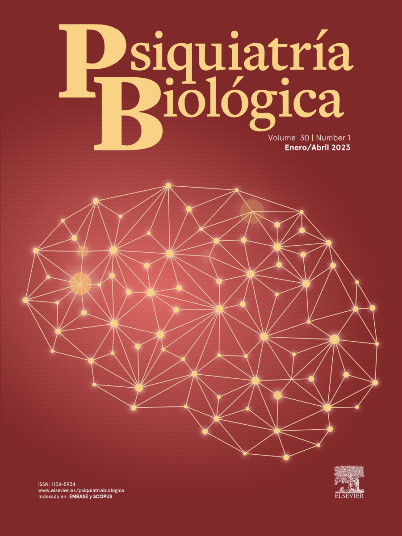Journal Information
Statistics
Follow this link to access the full text of the article
Carta al director
Chatbots and psychiatry: Beware of hallucinations of artificial intelligence
Chatbots y psiquiatría: precaución con las alucinaciones de la Inteligencia Artificial






